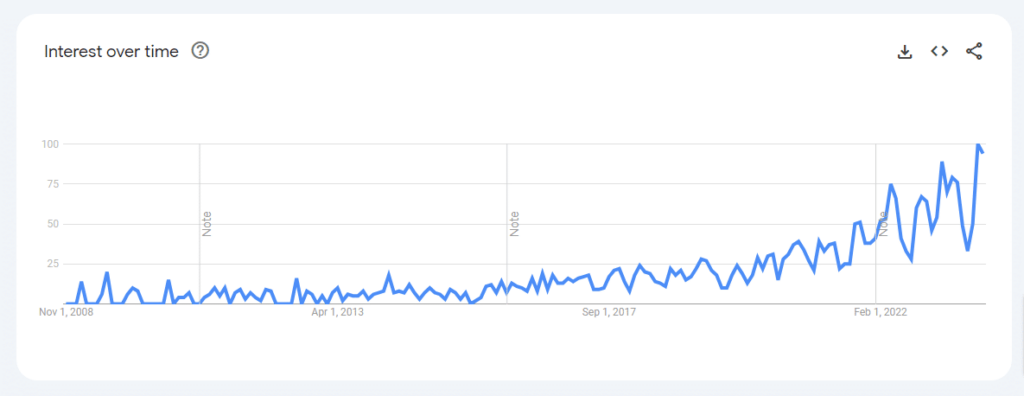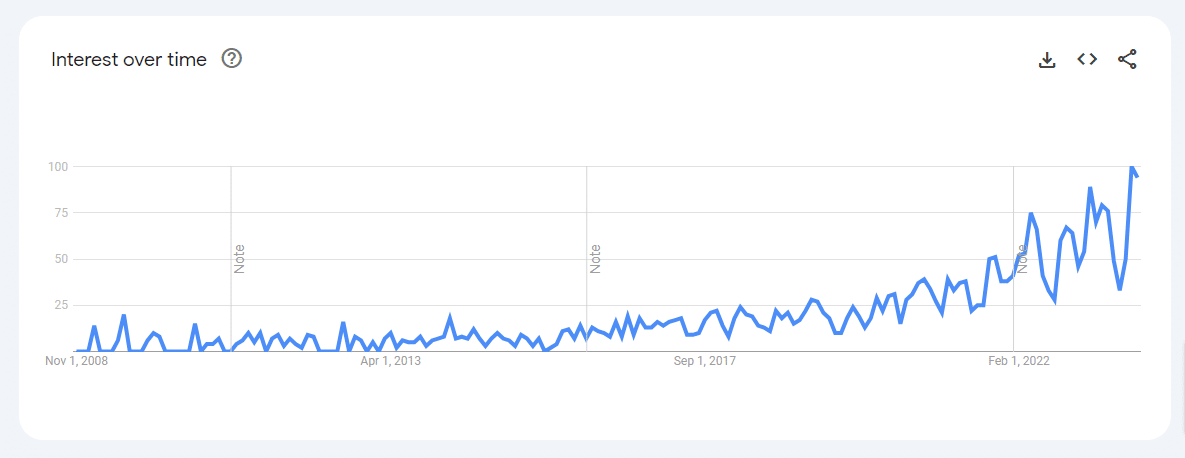The phrase “do your own research” has exploded in popularity in recent years, as you’ve likely noticed. Here is a chart showing the popularity of the phrase on Google over the last 15 years:

At first glance it’s seemingly a good thing, and ultimately it can be. However, there are a few major problems with that statement.
First, the word “research” is dubious. When people talk about “doing their own research”, it almost certainly has nothing to do with any kind of actual research, but rather in watching an obscure YouTube video that fits a particular narrative. I use some fairly research-helping heavy tools when digging into a subject, and I wouldn’t consider myself a researcher by any reasonable use of the word.
Second, statistics show that people who use the phrase “do your own research” are the ones that are least likely to actually do any kind of research. They use the phrase as a weapon, not as proof that they’ve actually dug into the topic at hand. This episode of the “You are not so smart” podcast digs deeper into that.
Lastly, it can be foolish to even attempt to do your own research on most things, as the majority of humans aren’t equipped to be able to do it. From this article on Forbes:
The reason is simple: most of us, even those of us who are scientists ourselves, lack the relevant scientific expertise needed to adequately evaluate that research on our own. In our own fields, we are aware of the full suite of data, of how those puzzle pieces fit together, and what the frontiers of our knowledge is. When laypersons espouse opinions on those matters, it’s immediately clear to us where the gaps in their understanding are and where they’ve misled themselves in their reasoning. When they take up the arguments of a contrarian scientist, we recognize what they’re overlooking, misinterpreting, or omitting.
That’s not to say that you shouldn’t explore both sides of an issue. I often do, and I encourage you to do the same. However, rather than pretending to do research, find authorities that you can trust in their field and make use of the research that they’ve already done.




